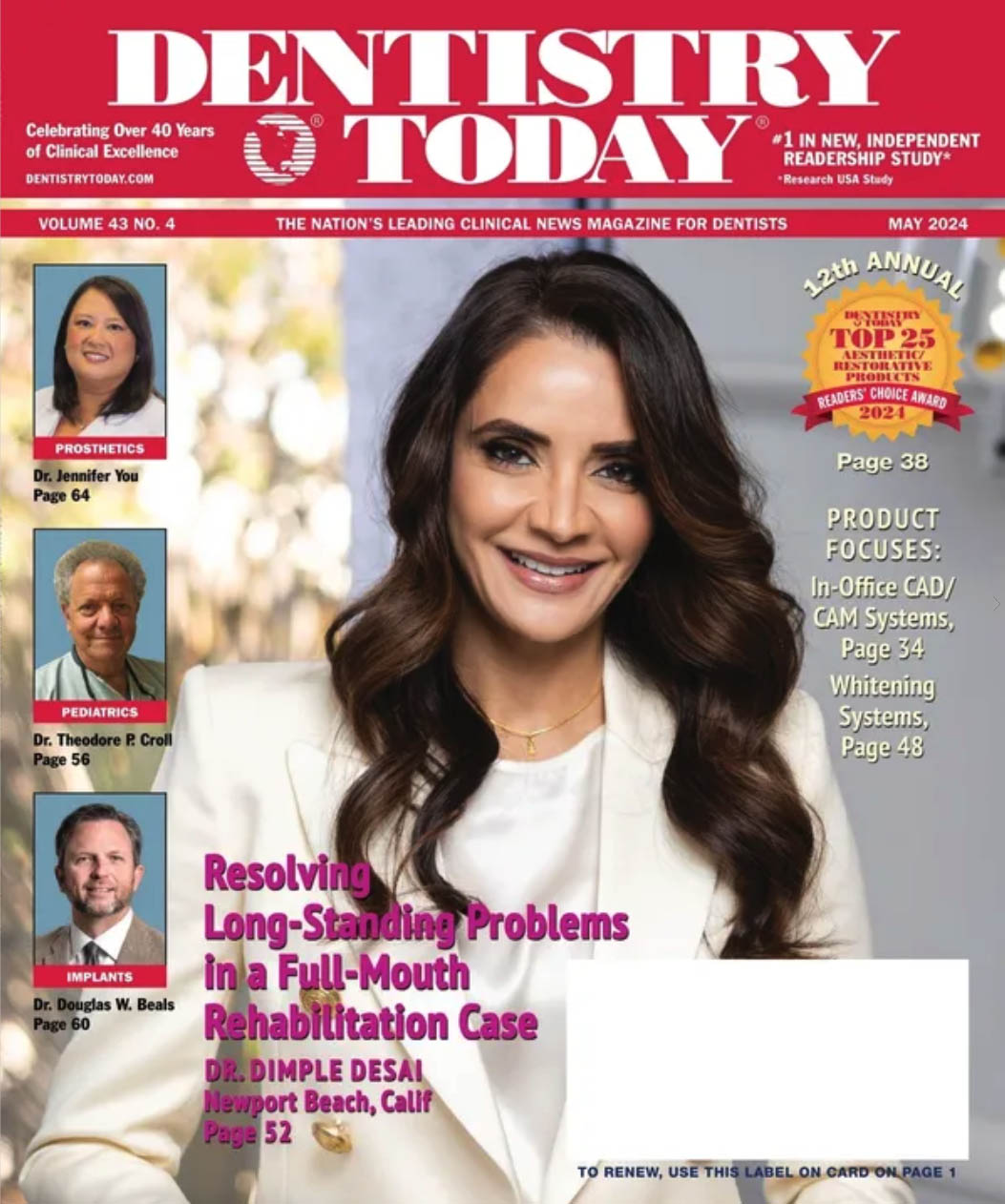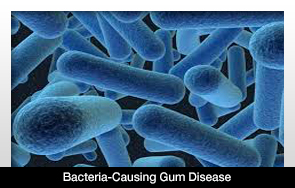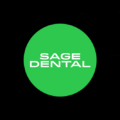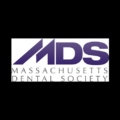 |
Englewood, Colo., Sept. 7, 2010 – Denver dentists help harvest stem cells in teeth.
Denver dentists Dr. James DeLapp, Dr. H. Candace DeLapp, and Dr. Sarah Parsons are partnering with StemSave to offer their Denver-area dental patients a chance to bank valuable stem cells for use in future “Regenerative Medical Therapies.” The National Institutes of Health’s recent discovery that powerful stem cells exist in teeth give Denver-area dental patients an easy way that “may” protect their future health and participate in cutting edge regenerative medicine.
Regenerative Medicine treatment has been reported to be the future of medicine.
Stem cells found in teeth are extracted by Denver dentists and then these stem cells are cryopreserved. The recent discovery that stem cells exist in teeth has the potential to transform dentistry and the future of medical treatments. Stem cells are the basis for the emerging field of regenerative medicine. There are more than 78 clinical trials involving stem cell treatments underway and the military is developing stem cell therapies to treat soldiers wounded in action. The current research being conducted suggests that stem cell therapies may, in the future, be able to treat many of today’s most difficult diseases, such as diabetes, Parkinson’s, Alzheimer’s, muscular dystrophy, cancer and many more.
Stem Cells harvested early in life are more valuable
Living stem cells have been routinely found in teeth and for the most part have been discarded after extraction. Stem cells from teeth appear to replicate at a faster rate than stem cells from other tissues. Stem cells in the body age over time and their ability to regenerate slows down and they are less effective. The earlier in life that the stem cells are secured, the more valuable they are likely to be later in life.
Teeth eligibility for stem cell preservation
Not all teeth are eligible for stem cell preservation. As an example, the tooth needs to have a healthy pulp. It needs to have an intact blood supply and be free from deep cavities and infection. Stem cells may be recovered from patients that are middle-aged but the younger you are the better.
Baby teeth and wisdom teeth may be the best source of stem cells
Deciduous teeth or baby teeth may be the best source of stem cells. The incisors that have begun to loosen or the baby canine teeth appear to be the best candidates. The pulps of naturally loosened teeth may not have an adequate blood supply. Wisdom teeth between the ages of 16 and 20 years old may be a very good source. The pulp at this stage is large and the potential for viable stems cell is high. Obviously teeth that have root canals or extensive dental treatment are poor candidates.
Future Medical Research may find treatment for certain diseases
“As a dentist, it is truly remarkable that our Denver-area dental office can offer our patients what may prove to be a potential life-saving procedure by simply preserving teeth that would otherwise be discarded,” said Denver Dentistry’s Dr. James DeLapp.
What is unique is that StemSave patented technology turns your visit to our Denver family dentists office into what we may find to be a potentially live-saving experience. The best candidate for this type of tissue banking is found in children and young adults. Patients should consider banking their stem cells while undergoing procedures such as the extraction of wisdom teeth or baby teeth. These planned dental procedures provide an ideal time to preserve one’s stem cells.
Are there current medical treatments available using stem cells?
At this time there are no medical treatments available using stem cells. Much of the research for various diseases, however, involves treatment that may involve stem cells. This new field of medicine most likely will be called regenerative medicine. Stem cells in the future may be used for tissue replacement or mitigating the tissue rejection seen in transplants.
 |











